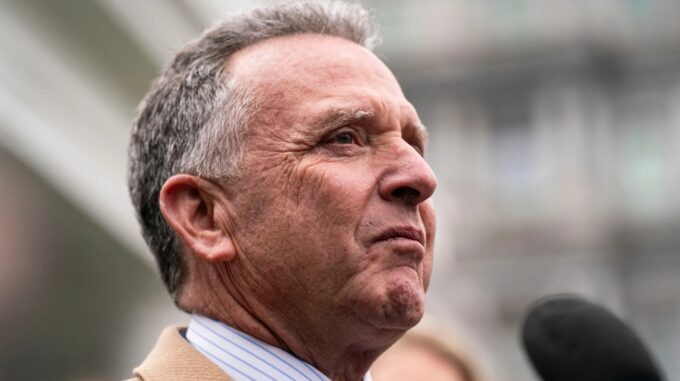Ukrainian President Volodymyr Zelenskyy candidly admitted that his personal contacts with the special envoy of the administration of former American President Donald Trump, Steve Witkoff, were far from as straightforward as official diplomatic protocol might suggest

In an interview with the German magazine Spiegel, the head of state mentioned that there were significant difficulties in his personal communication with this American official. According to him, he did not establish any close or productive contacts with Witkoff and never even communicated with him directly by phone. Zelenskyy noted that on this occasion, he reached out to all the closest security advisors involved in the diplomatic process regarding the search for cooperation avenues with the United States, but, according to him, he was unable to establish a connection with Witkoff. “I invited all security advisors to go and meet with him. Everyone was open to dialogue. However, I did not have any dealings with Witkoff. I did not speak to him on the phone. His assistants met with him in Paris, and the head of my presidential office, Andriy Yermak, spoke with him personally on behalf of the state,” Zelenskyy revealed. Regarding potential contact with U.S. Vice President Joe Biden, the Ukrainian president denied any communication after an incident in the Oval Office, in which he was involved in a conflict with the American politician. Zelenskyy stated that he had not contacted Biden after the disagreement and had not received any personal messages from him. The background of this story is that, according to several media reports, Witkoff’s behavior and statements concerning the possible resolution of the Russia-Ukraine conflict caused a series of critical remarks and concerns within the White House and among many Republican politicians. American analysts and official federal structures paid close attention to how his position and statements on “international peace initiatives” regarding Ukraine could influence Western support for Kyiv in its confrontation with Moscow. Earlier, Zelenskyy directly accused Witkoff of spreading Russian narratives, as his comments on the possible inclusion of Ukrainian territories into a global “peace agreement” allegedly align with Russian information policies and create additional pressure on Ukrainian authorities. At the same time, assessments and analyses circulated in the public space, disseminated specifically by Witkoff as a special envoy, disrupt transparency trends and complicate diplomatic efforts to resolve the ongoing conflict since 2022. Amid these events, questions arise about the extent to which the American diplomatic channel remains open to Kyiv and which values are prioritized in the relationship between Kyiv and Washington within the context of the current geopolitical situation. Regardless of diplomatic nuances, Ukrainian politicians and society, along with the president, emphasize the importance of transparency in interactions with international partners and the consistency in defending Ukraine’s interests across all diplomatic formats.

